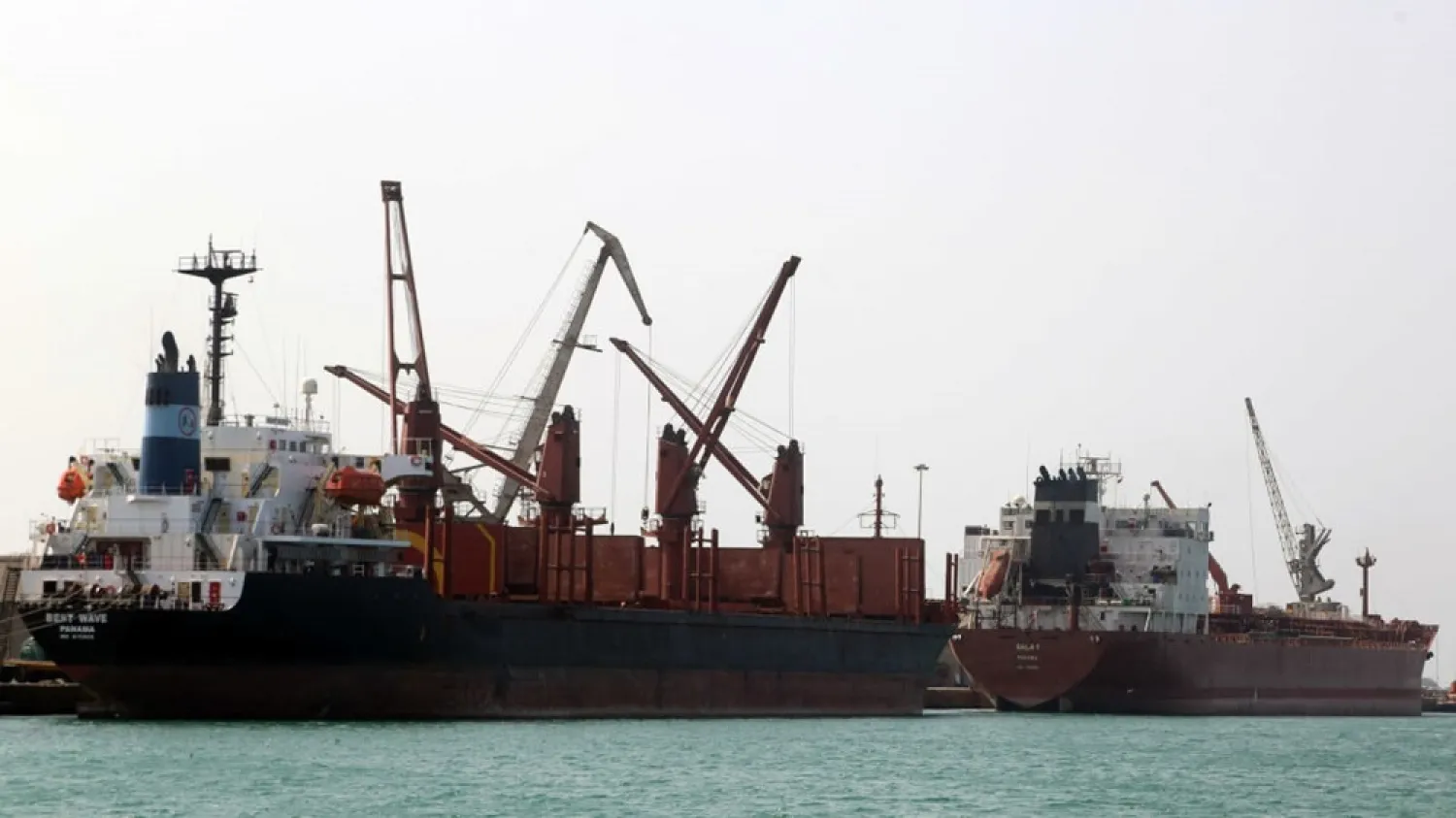The Saudi-led Arab coalition confirmed on Monday that the Iran-backed Houthi militias in Yemen had targeted al-Hardh city in the Hajjah province and the Ahem region with four ballistic missiles.
The rockets were fired from Hodeidah port and Sanaa international airport, it revealed in a statement.
The coalition warned against the use of Hodeidah port and Sanaa airport for military acts that threaten regional and international security.
It stressed that it will take "all operations measures" to address the sources of the threats in order to protect civilians in Yemen.
The Houthis have already previously used Hodeidah port and Sanaa airport to launch ballistic missiles and armed drones in attacks against neighboring countries and Yemeni cities.
The coalition has said the militias have effectively transformed the airport into a military base.
Meanwhile, Gulf Cooperation Council (GCC) Secretary General Dr. Nayef al-Hajraf praised the efforts exerted by the coalition in backing the political solution and relief operations in Yemen.
Hajraf met on Monday with Saudi Ambassador to Yemen Mohammed Al Jaber.
He said the coalition is seeking to achieve security and stability in Yemen and resolve its crisis according to the three references: The Gulf initiative, national dialogue outcomes and United Nations Security Council resolution 2216.









